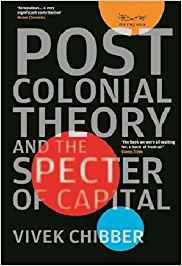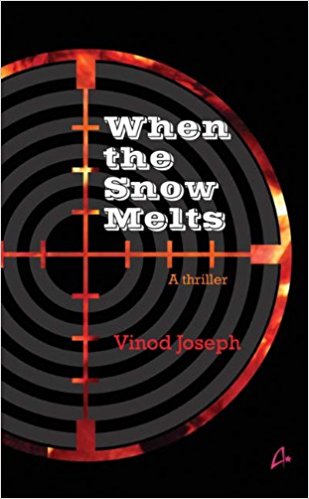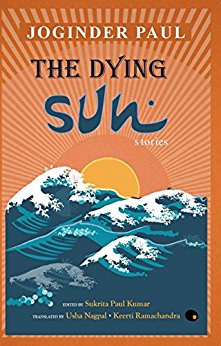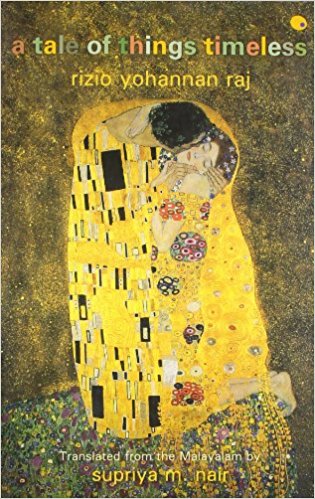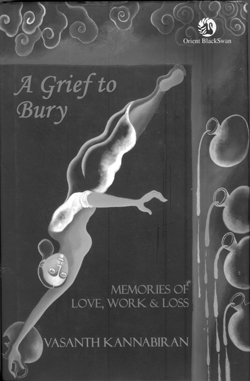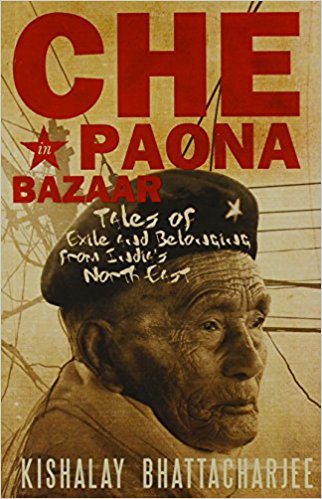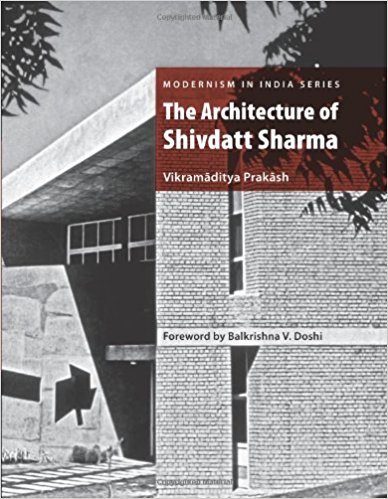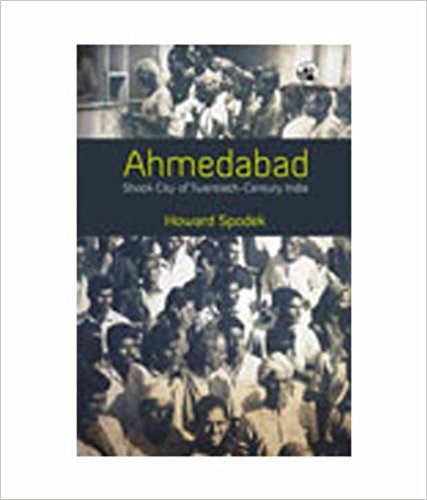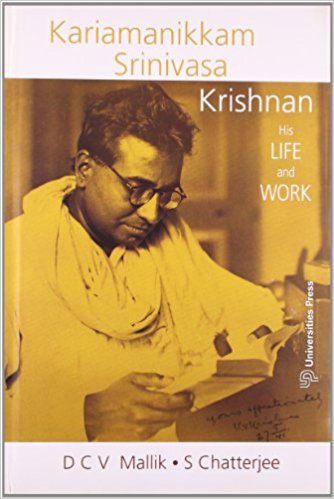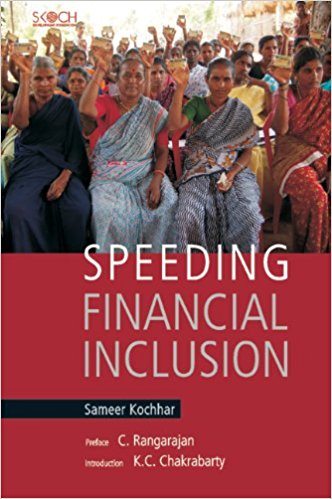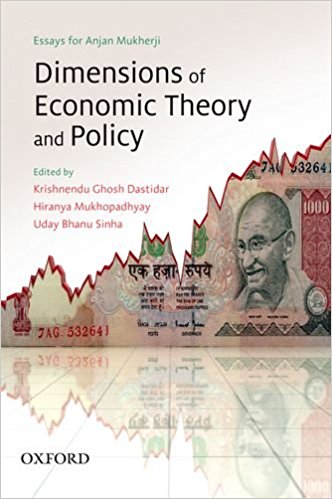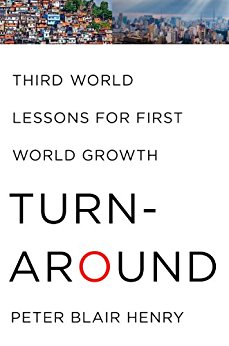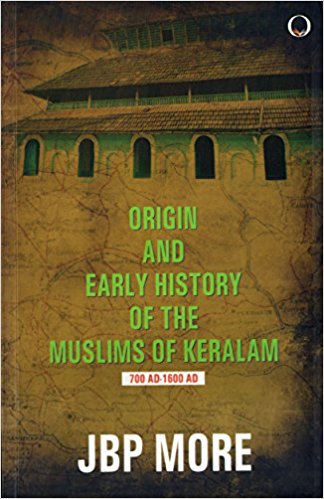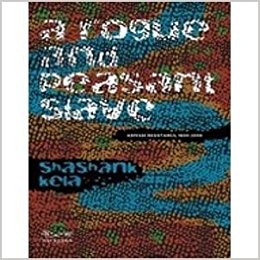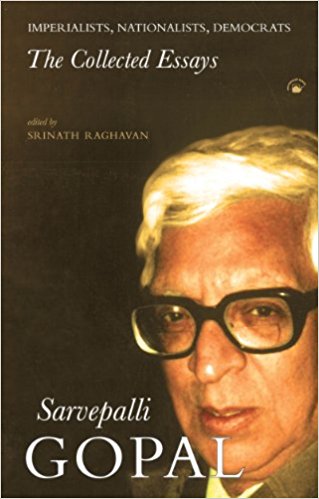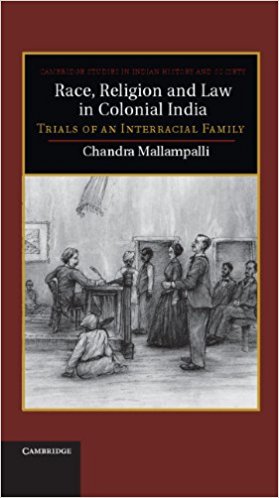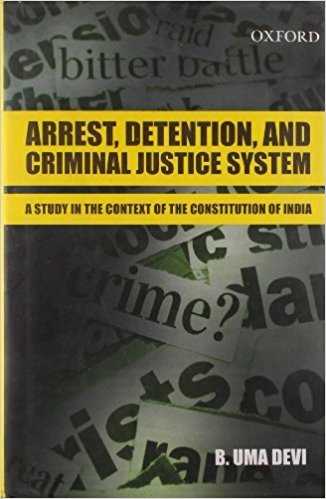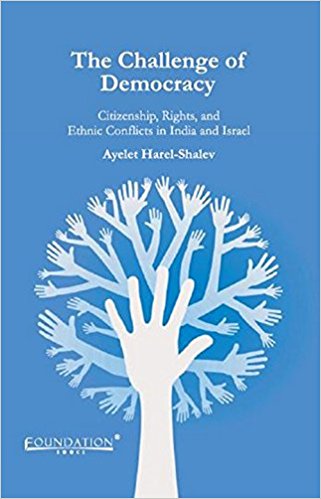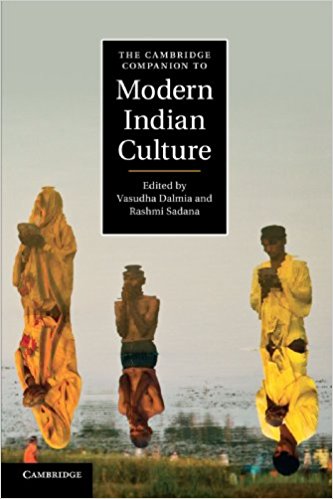Have postcolonial theory and subaltern studies in their attempt to point towards difference, consciously or unconsciously, reproduced colonial ideology and an Orientalist description of the subaltern and her politics in India?
Archives
August 2013 . VOLUME 37, NUMBER 8Why My Third Husband Will Be A Dog is an extremely witty, humorous and enjoyable book. It makes for very good reading and is the perfect companion during a flight—will bring smiles and laughter to an otherwise boring flight or enjoy its cheerful funny snippets while lapping up the waves on a waterfront by the beach.
Vinod Joseph writes well, with a crisp, clear, no nonsense style. He writes with a bravado, typical of the new generation of young writers, who don’t need publicity to feel that they can succeed.
After reading a few young home-grown Indian English authors, switching to Joginder Paul’s short fictions in their English translation by Usha Nagpal and Kirti Ramchandran was like a breath of fresh air.
A Tale of Things Timeless is a tale of a life lived in pain and perishing. It does not begin from the beginning but from the end in an act of artful retrieval of a life lost in the process of living.
A Grief to Bury: Memories of Love, Work and Loss is a series of conversations with twelve Indian women who reflect upon the internal dynamics of their long enduring relationship with their spouses. They also share their individual coping strategies at the traumatic loss of their loved one, either suddenly or after a prolonged illness.
All journalists carry many notebooks, either literally or in their heads. That is because what they manage to bring out through their channels, whether print or television, is just the tip of the iceberg of the story.
The Architecture of Shivdatt Sharma by Vikramaditya Prakash is the first in a series planned to unravel the ‘story of Modernism’ in India.
Howard Spodek is an old Gujarat hand, having written authoritative books on the modern history of Saurashtra, including Rulers, Merchants and Other Groups in the City-States of Saurashtra: India, Around 1800 (Philadelphia: Center for the Study of Federalism, Temple University, 1974/77).
Raminder Kaur’s book primarily traces the history of nuclear power in India from 1945 which was marked by the atomic bombings of the Japanese cities of Hiroshima and Nagasaki until 2008 when India signed a treaty with the United States for increased nuclear cooperation.
One of the curious paradoxes of the sociology of science concerns the flowering of world class science in India in the early decades of the 20th century. With very little government support, working with improvised, in some cases discarded equipment, without much access to international journals, Indian scientists did some very high quality science—C.V.
Speeding Financial Inclusion by Sameer Kochhar is based on the first ever nationwide multi-stakeholder study entitled ‘National Study on Speeding Financial Inclusion’ which was undertaken by the Skoch Development Foundation.
Dimensions of Economic Theory and Policy is a festschrift honouring Professor Anjan Mukherji who retired as the Reserve Bank of India Professor of Economic Theory at the Center for Economic Studies and Planning, (CESP) Jawaharlal Nehru University in 2010.
Other things being the same, does economic success, like lightning, strike countries randomly? Or can the probability of being struck by it be significantly enhanced by governments? Peter Blair Henry, Dean of the Stern School of Business in New York, says yes, it can. His prescription for success is simple, old as the hills and eternally valid: discipline in policies.
Most of the discussions and reports on Muslims in India often embrace the sketchy phrase Pakshe Kerala Muslims (But Muslims in Kerala) to emphasize the ‘exceptional’ standards that Muslims of Kerala have achieved.
The book is a study of the ways and processes in which adivasi livelihood has been affected through the colonial and postcolonial period and adivasi responses to it. It is divided into two parts.
The collected essays of historian Sarvepalli Gopal (1923-2002) has finally arrived, meticulously edited with a fine introduction by Srinath Raghavan. Raghavan and the general editors of the series, Ramachandra Guha and Sunil Khilnani make a strong case for a Gopal revival.
One of the most enduring myths of the founding of the city of Calcutta (now Kolkata) is that of the rescue and subsequent marriage of the Englishman Job Charnock to an Indian woman. Marriages between Europeans and Indians were not quite uncommon in the early colonial period, most famously chronicled by William Dalrymple in his White Mughals.
2013
Arrest and detention are considered as routine and necessary procedures in any criminal justice system. In fact, it relies heavily on it.
The fact that foreign scholars find it difficult to decode the Indian experience of living with, negotiating and managing the multiple challenges of citizenship and rights in arguably the world’s most diverse ethnic and religious environment without, in the main, sacrificing the tenets of procedural democracy, comes as no surprise.
The edited volume under review makes a stimulating attempt to explore a seemingly elusive and intrinsically unsettling territory called modern Indian culture.

